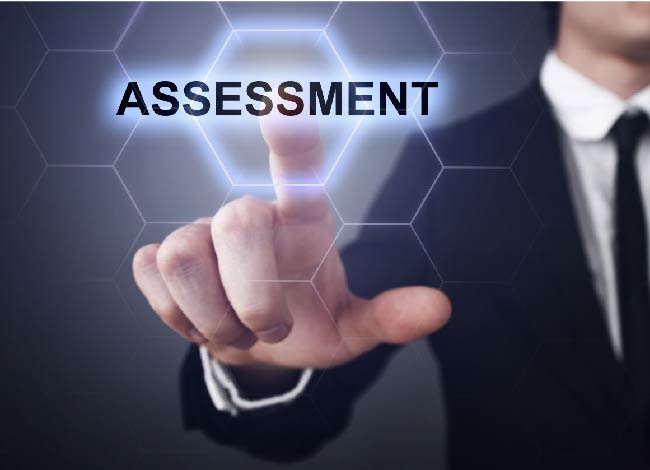The art of successfully getting the best people on board is a seamless task with Mercer | Mettl’s assessment library. Mercer | Mettl’s online assessment battery makes it easy to shortlist the best candidates with the utmost ease. The hiring process demands complete transparency, and there’s nothing better than assessing a candidate based on the skills listed on their resume.
A comprehensive platform
If hiring managers have less time to review candidates, they need a platform that is easy to use and provides ready access to exams, candidates, and results. That’s where self-manageable software will be beneficial in tracking an individual’s progress over time.
Ease of administering tests
Test administrators have several options to create an online test and select questions. For instance, Mercer | Mettl’s extensive library of SME-verified assessments is instrumental in designing a set of questions. These tests are readily customizable as per the administrator’s parameters for test configuration, test duration, question order, and scoring logic.
Invite candidates conveniently
Administrators send invitations to the candidates who accept the test invite to begin their assessment. There is complete freedom to set up invitations for specific dates, times, and IP addresses.
Online remote proctoring
Conducting large-scale exams is no longer a hassle – thanks to AI-powered remote proctoring that monitors suspicious activities and prevents candidates’ impersonation. In a secure virtual environment, candidates cannot access external apps and tabs on their browsers. Proctors have complete control over the assessment process, enabling them to gauge candidates’ skill sets accurately.
Infallible testing process
Candidates are verified via their government-issued ID cards and webcams. Simultaneously, proctors carefully check candidates’ surroundings and scan their computers before the tests commence. Once they begin, proctors can easily access candidates’ video feeds and computer screens. They can capture screenshots, end a test session, or reconfirm candidates using image shots. They can also broadcast messages and communicate with one or multiple candidates simultaneously.
Automated report generation
Employers get automatically generated reports after the tests’ completion. These reports feature essential data such as screenshots, live recordings, and chat logs. These reports are also customizable to provide accurate, actionable data. Moreover, recruiters can add additional milestones and progress events to the timeline. They can assign a catchy icon and a date tag for each event that lends enhanced visual appeal to the report.









 Behavioral Competencies
Behavioral Competencies Cognitive Competencies
Cognitive Competencies Coding Competencies
Coding Competencies Domain Competencies
Domain Competencies



































